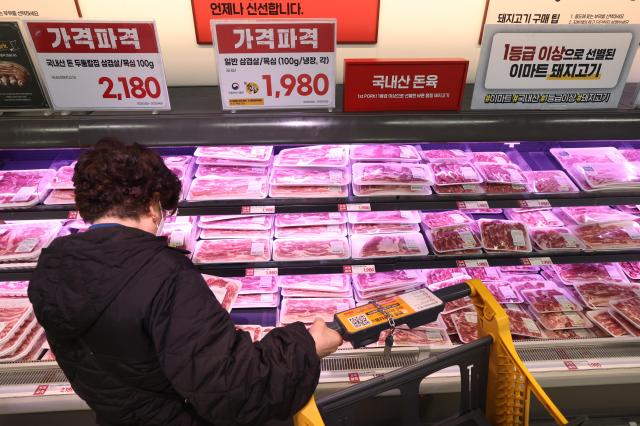
SEOUL, April 23 (AJP) - South Korea’s major retailers are intensifying their push into the fresh food market, a fast-growing segment that has emerged as a critical battleground for both e-commerce and traditional chains.
Coupang, the country’s dominant online retailer, is leading the charge. The company has ramped up its investment in fresh food logistics, forging direct partnerships with regional producers across South Chungcheong, South Gyeongsang, and North Gyeongsang provinces.
Its fresh produce purchases, particularly fruit, have more than tripled since 2021. Coupang’s hallmark Rocket Delivery network now offers next-morning delivery of produce harvested just the day before, underscoring its ambition to dominate perishable goods logistics.
Market Kurly, a premium grocery delivery startup, has formed a strategic alliance with internet giant Naver and is slated to join the Naver Plus Store platform later this year — a move designed to widen its reach and challenge Coupang’s dominance.
SSG.com, the online arm of retail conglomerate Shinsegae Group, is also bolstering its fresh food business. Drawing on the sourcing expertise of E-mart, its supermarket affiliate, the company is expanding its early morning delivery services beyond the Seoul metropolitan area to regional hubs such as Chungcheong, Busan, Daegu, and Gwangju.
The competition comes as South Korea’s online fresh food market experiences explosive growth.
Digital transactions for agricultural, livestock, and fishery products totaled 12.83 trillion won (about $9 billion) in 2024, more than tripling from 3.72 trillion won in 2019, according to government data.
This surge stands in stark contrast to a sluggish overall retail environment, hampered by persistent inflation and elevated interest rates.
Online sales of fresh food, however, jumped 17.2 percent last year alone. Analysts note that the sector still has considerable room to grow, with an online penetration rate of just 26.2 percent — lagging behind categories like electronics (38.0 percent) and fashion (44.7 percent).
Traditional retailers are responding with their own innovations.
E-mart has introduced “Order to Home,” a farm-to-doorstep delivery service available through its app, which now boasts 3 million monthly users.
Lotte Mart has rolled out “Lotte Mart Zeta,” a grocery-focused platform developed in collaboration with British retail tech firm Ocado. Homeplus has also increased the footprint of stores that dedicate nearly all their shelf space to food items.
“Fresh food is an area that both online and offline retail channels absolutely cannot afford to lose for survival,” an industry source said. “It’s becoming the core of retail market competition going forward.”
Copyright ⓒ Aju Press All rights reserved.

